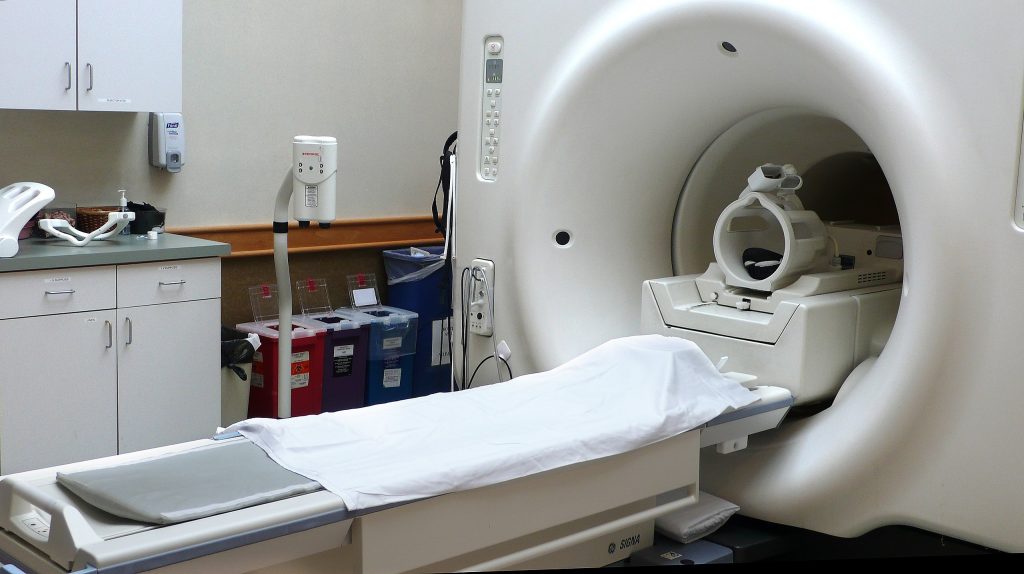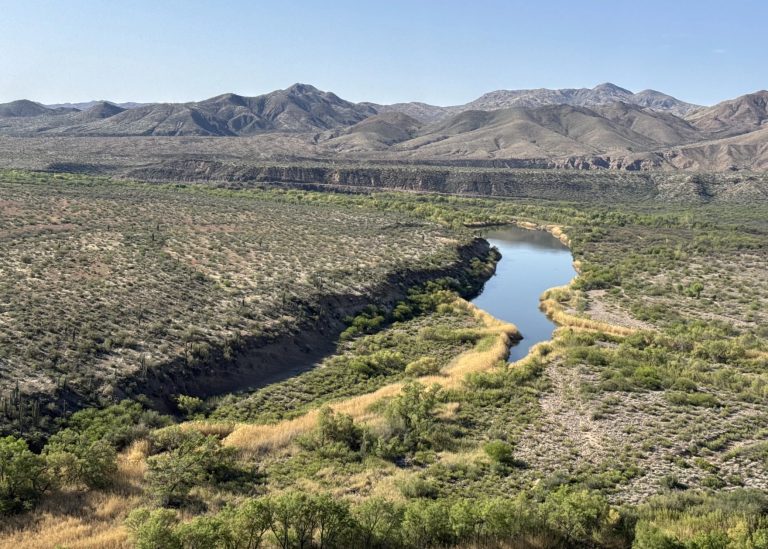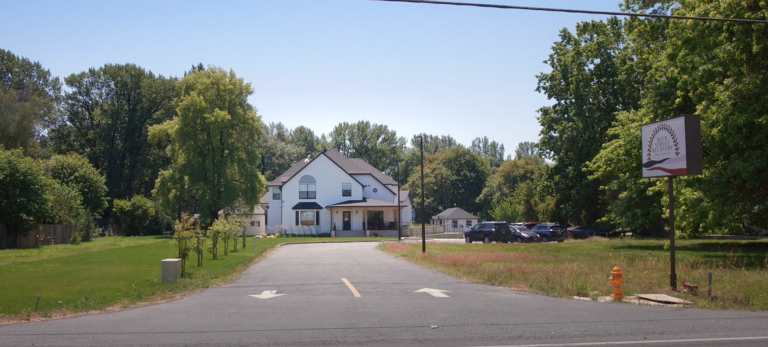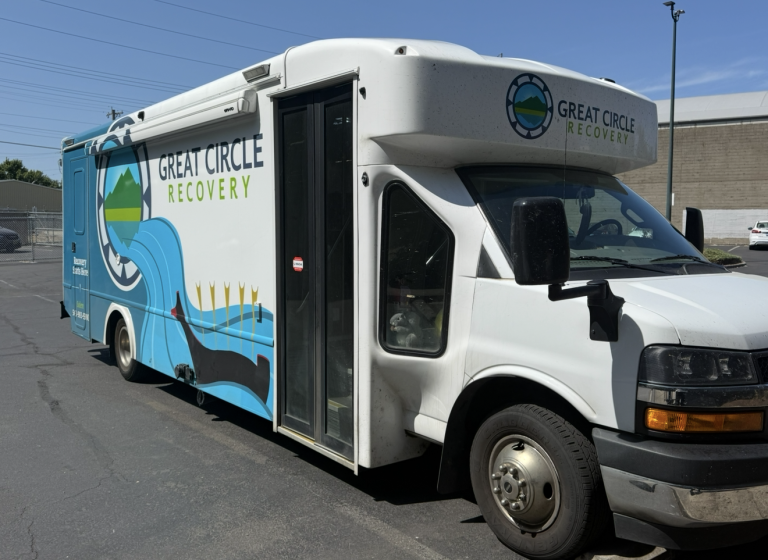Podcast: Play in new window | Download | Embed
Photo: Liz West / Flickr
A new study aims to shed light on the hidden impacts of domestic violence in Native communities.
The Mountain West News Bureau’s Daniel Spaulding reports on the effort to understand the unrecognized brain injuries many survivors are living with.
The Urban Indian Health Institute’s survey aims to find out how common traumatic brain injuries are among Native survivors of domestic and sexual violence.
More than 80% of Indigenous women have experienced violence in their lifetime.
According to Abigail Echo-Hawk, the institute’s director, many survivors of domestic and sexual violence suffer from brain injuries that never get diagnosed or receive proper care.
“They deserve justice, they deserve safety, and they deserve to get the treatment that they need when they’ve been impacted by traumatic brain injury.”
The goal of the survey is to ensure survivors get the right care and support, through programs and policies designed to help them heal.
The survey began in October and will remain open through January 2026.
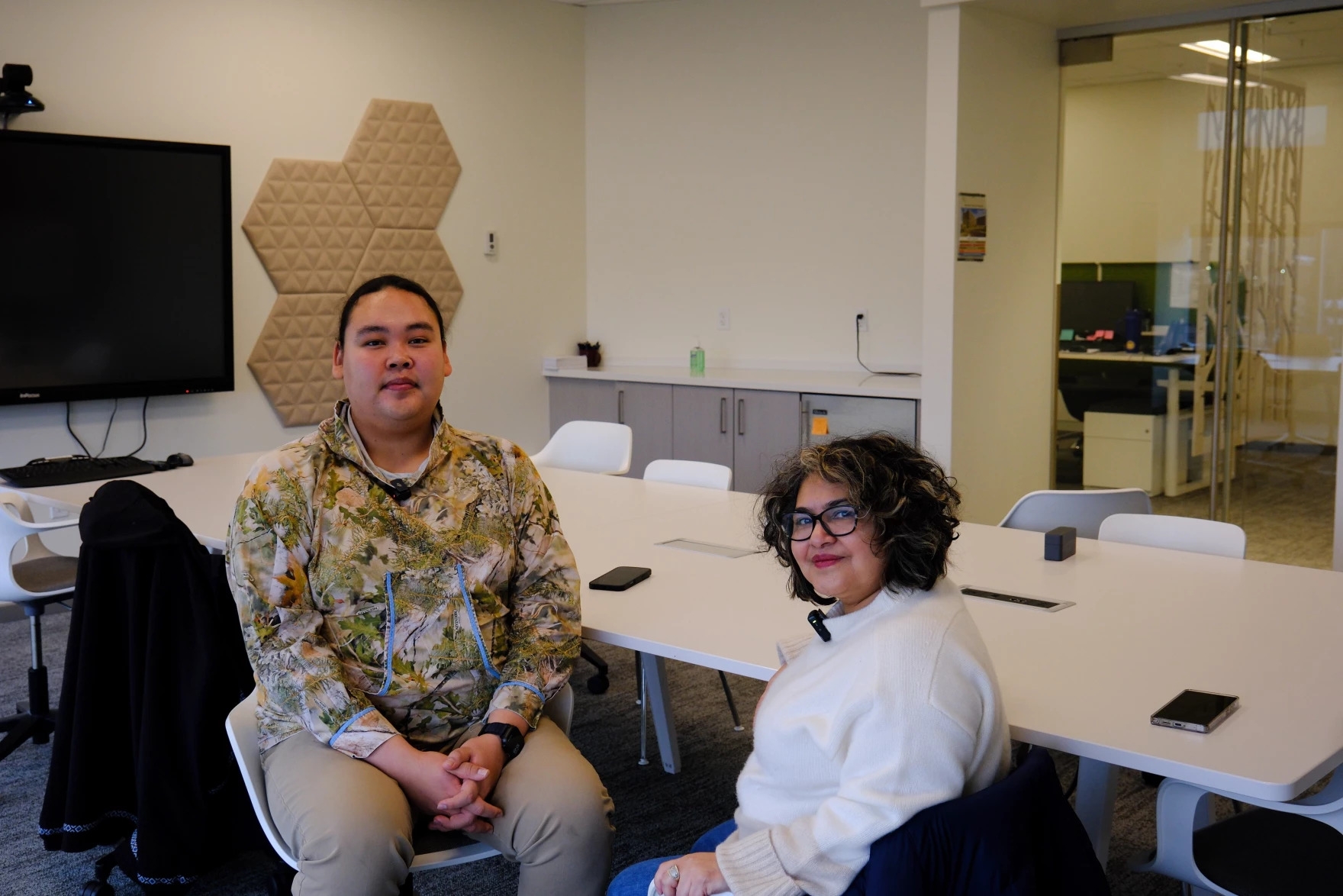
Moses Marr’aq Wiseman and Indra Arriaga with the Alaska Institute for Justice on Nov. 6, 2025. The organization released the new online glossary with Yup’ik words for behavioral health terms. (Photo: Alena Naiden)
A nonprofit has released a new Yup’ik glossary with behavioral health terms.
Yup’ik speakers, including those affected by the recent Western Alaska storm, which devastated communities, can use it to communicate with their health providers and to understand their mental health better.
The Alaska Desk’s Alena Naiden from our flagship station KNBA has more.
Last month, Moses Marr’aq Wiseman was helping with Yup’ik translation at the Anchorage shelters that hosted evacuees from the recent Western Alaska storm.
He was also sharing a new glossary with Yup’ik words for behavioral health terms.
“When you have a culture of your own, that’s not a part of American culture. It’s a taboo thing to talk about behavioral health and mental health care. So like having this available, when it was available, it’s just an ease of mind I think.”
Wiseman is the Alaska Native Languages Program director at the Alaska Institute for Justice. Last month, the nonprofit released a new glossary. People can type in a modern health-related term and listen to its Yup’ik pronunciation.
Wiseman says it should help Yup’ik interpreters and service providers to break down language barriers and help people understand their health better.
Indra Arriaga is the strategic and operational director at the Institute for Justice.
“Where you do have a stigma around depression, a stigma around suicide, this is a way of getting information and not feeling like you’re exposing yourself, right? It’s out there. It’s reliable. It’s in your language. It’s a door.”
Arriaga says the glossary has been years in the making, in collaboration with Yup’ik speakers.
The plan was to launch the project on Nov. 1. But when the remnants of the Typhoon Halong forced hundreds of people to evacuate to Anchorage, the organization decided to release it sooner.
“The care and the healing of the folks who are here from Kipnuk and other villages is going to continue. So this is a resource that now can really be used in settings where they’re going to be talking about different things that affect their mental health.”
The organization is now looking for funding to complete a similar glossary but for terms relevant for emergency care and intake.
The National Congress of American Indians (NCAI) says it welcomes the reopening of the federal government to restore stability to critical services to tribes.
In a statement, NCAI said during the shutdown the Indian Health Service largely remained opened due to advance appropriations, but it’s depending on Congress to extend Affordable Care Act tax credits.
NCAI says reopening the government restores funding to food assistance programs, which many Native people rely on.
The organization says temporary fixes are not enough, and that data collected from tribes during the shutdown “made clear” how long term, lasting solutions, and structural funding reforms are needed to honor tribal trust and treaty obligations.
Get National Native News delivered to your inbox daily. Sign up for our daily newsletter today.
Download our NV1 Android or iOs App for breaking news alerts.
Check out the latest episode of Native America Calling
